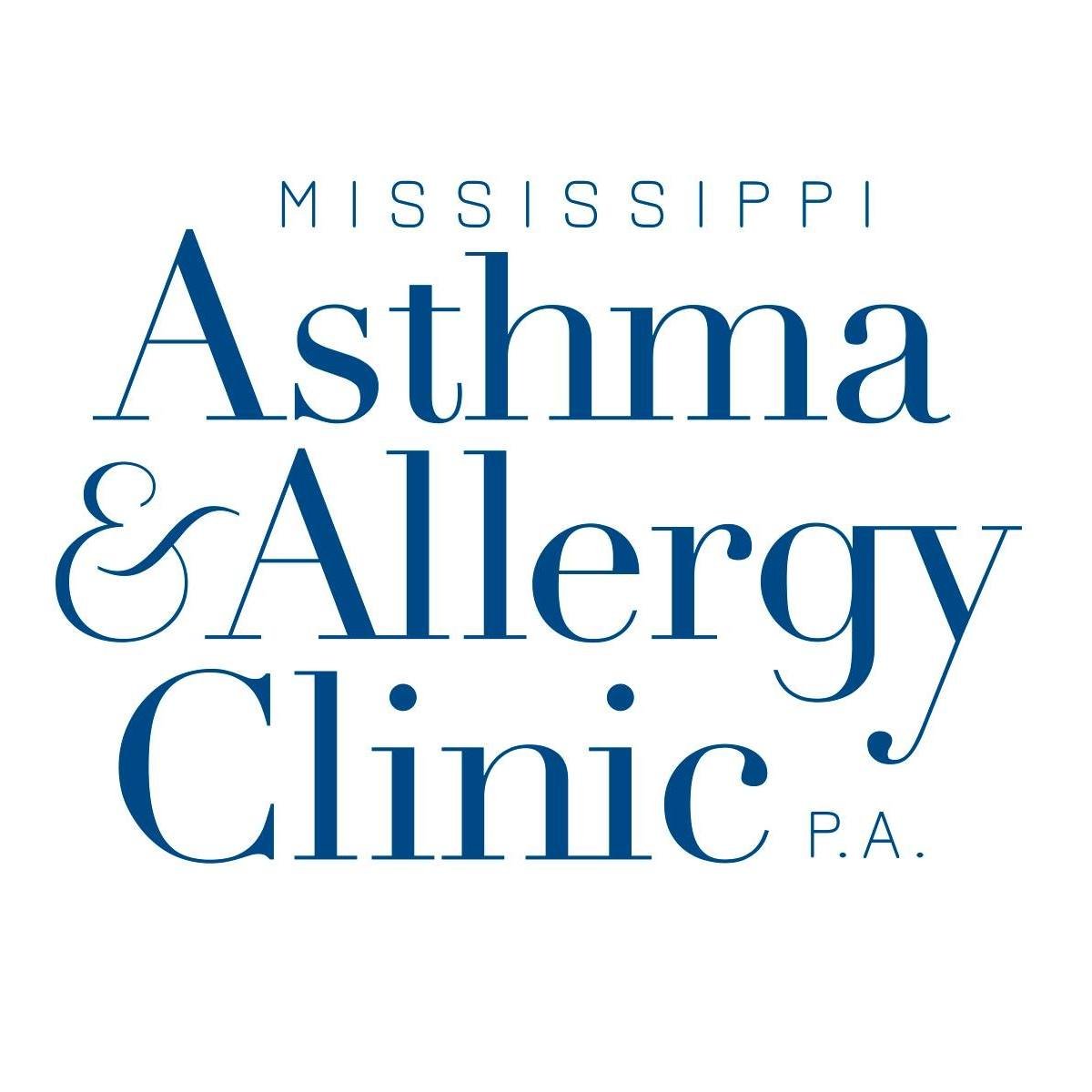Sports Asthma
What is it and how is it treated?
For sports enthusiasts and weekend warriors alike, sports asthma can hit like a ton of bricks.
You run a half-mile and suddenly, you’re gasping for air. But you have no issues breathing at other times in your day, so it can’t really be asthma, right?
What is sports asthma?
“Sports asthma” is a common term for exercise-induced bronchoconstriction, which is almost exactly as it sounds.
When you participate in strenuous exercise, your airways narrow. This causes shortness of breath, wheezing, coughing, and other symptoms during or after exercise.
Although commonly called “asthma,” sports asthma really isn’t asthma at all. Instead, it’s a narrowing of the airways brought on by one easily defined trigger. For people who have asthma, exercise may be one of several factors that trigger the narrowing of their airways, differentiating sports asthma from regular asthma.
Most people with exercise-induced bronchoconstriction can continue exercising and remaining active by managing their symptoms with common asthma medications and taking other preventative measures.
Symptoms
Symptoms of exercise-induced bronchoconstriction can begin during or soon after exercise, and can last for 60 minutes or longer if left untreated.
Some common symptoms include:
Coughing
Wheezing
Shortness of breath
Chest tightness or pain
Fatigue during exercise
Poorer than anticipated athletic performance
Activity avoidance, typically occurring among young children
You should see a doctor if you show any of the symptoms of exercise-induced bronchoconstriction.
If you exhibit any of the following symptoms, seek emergency medical treatment:
Shortness of breath or wheezing that is quickly increasing, making it difficult to breathe
No improvement after using a prescription inhaler
What causes sports asthma?
The exact cause of exercise-induced bronchoconstriction is unknown. The condition is more common in those who already have asthma and in elite athletes.
Some factors that may increase the risk of exercise-induced bronchoconstriction or act as triggers include:
Cold air
Dry air
Air pollution
Chlorine in swimming pools
Chemicals used with ice rink resurfacing equipment
Activities that require extended periods of deep breathing, such as long-distance running and swimming
How exercise-induced bronchoconstriction is treated
Once you and your doctor have determined that you suffer from exercise-induced bronchoconstriction, there are a few courses of treatment that may help you during exercise or on a daily basis.
Pre-exercise medications: You may be prescribed a drug to take before exercise to minimize your symptoms or prevent them entirely. Drugs in this category include albuterol inhalers, levalbuterol inhalers, and ipratropium taken with a nebulizer.
Inhaled corticosteroids: Long-term treatment may include inhaled corticosteroids, which may be used for up to four weeks before you see the maximum benefits.
Combination inhalers: These inhalers include a corticosteroid and a long-acting beta agonist to relax airways. They can be used for long-term control and your doctor may recommend using them prior to exercise.
Leukotriene modifiers: Oral medications also can be prescribed for long-term, daily prevention to block inflammatory activity.
In addition to medications, there are some things you can do to help decrease your risk of inflammation and reduce the symptoms of exercise-induced bronchoconstriction, including:
Taking your asthma medications as directed if you have asthma
Warm up for at least 10 minutes, in varying intensities, before beginning regular exercise
Breathe through your nose to warm and humidify the air before it enters your lungs
Wear a face mask or scarf when exercising, especially in cold, dry weather
Avoid allergy triggers if you have allergies, such as not exercising outdoors when pollen counts are high
Avoid areas with high levels of air pollution
Exercise regularly and eat healthy to stay in shape and promote good respiratory health
Help for sports asthma in Mississippi
At Mississippi Asthma & Allergy Clinic, we understand how frustrating sports asthma can be for athletes and casual exercisers. That’s why we work hard to get you a fast diagnosis and develop a comprehensive treatment plan to minimize your symptoms and get you back on the field.
